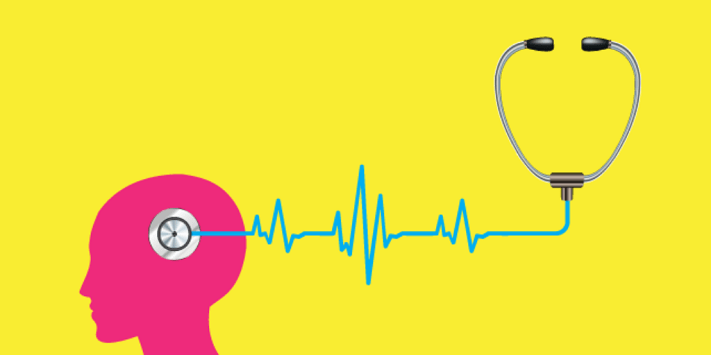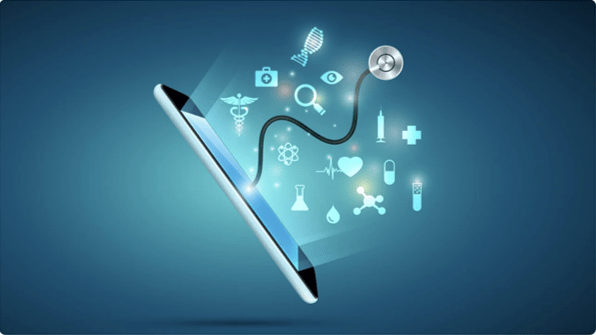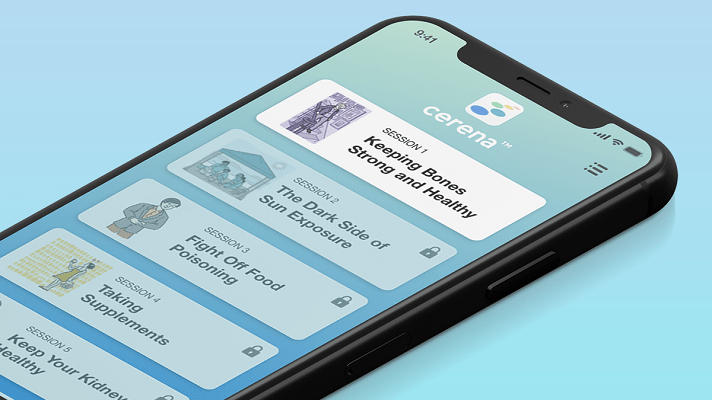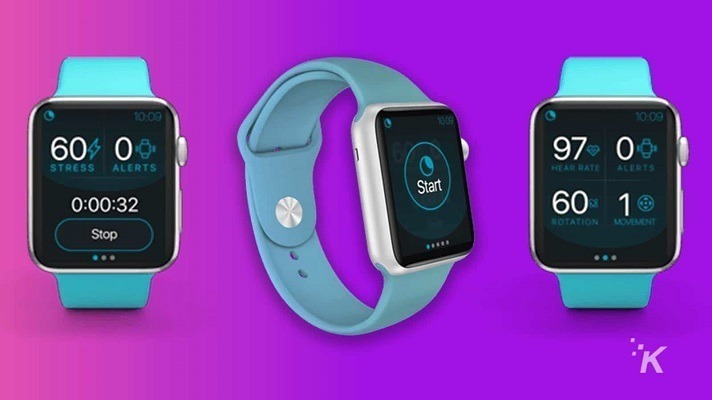Posts Tagged ‘digital therapeutic’
Trend: Large US employers deploy apps, AI chatbots, other digital tools to boost brain & mental health at work
Employers Are Offering a New Worker Benefit: Wellness Chatbots (The Wall Street Journal): More workers feeling anxious, stressed or blue have a new place to go for mental-health help: a digital app. Chatbots that hold therapist-like conversations and wellness apps that deliver depression and other diagnoses or identify people at risk of self-harm are snowballing across…
Read MoreDebate: Will digital therapeutics gain the required levels of awareness, adoption, reimbursement and fulfillment to become sustainable?
Can digital therapeutics become profitable? (MedTechDive): In 2020, the Food and Drug Administration cleared Akili Interactive’s video game to improve attention in kids with ADHD. It was the first time that a video game for treatment was cleared by the agency, and is one example of a digital therapeutic, a class of software-based treatments with…
Read MoreTrend: Harnessing digital tech to improve mental health and wellness
From mindfulness apps to virtual therapy sessions, digital tools offer instant access to wellness resources (The Globe and Mail): In 2015, Brie Code was working at leading video game company Ubisoft as lead artificial intelligence programmer when she realized that many people she knew – about half, by her estimation – found video games boring.
Read MoreOn cognitive reframing and biases, stress, mental health tech, Aduhelm backlash, Britney Spears, and more
Welcome to a new edition of SharpBrains’ e‑newsletter, featuring this time nine scientific reports and industry developments to help promote lifelong brain and mental health. #1. To lower stress levels and improve problem-solving, practice cognitive reframing instead of venting “… venting likely doesn’t soothe anger as much as augment it. That’s because encouraging people to…
Read MoreBlue Note Therapeutics raises $26M to help treat cancer-related distress via cognitive behavioral stress management (CBSM)
Blue Note Therapeutics Raises $26.25 Million in Series A Financing (press release): Blue Note Therapeutics, Inc., today announced the closing of a Series A financing round of $26.25 million. Proceeds will allow the company to scale the organization and fund near-term clinical trials of its lead prescription digital therapeutic (PDT), which will potentially improve the…
Read MoreFDA grants clearance for NightWare app designed to reduce PTSD-related nightmares
FDA grants De Novo clearance to prescription Apple Watch app for nightmare disorder (MobiHealth News): The FDA granted Minneapolis-based NightWare a De Novo clearance on Friday for its Apple Watch and iPhone app designed to improve the sleep quality of those experiencing nightmare disorder and nightmares related to PTSD.
Read More





